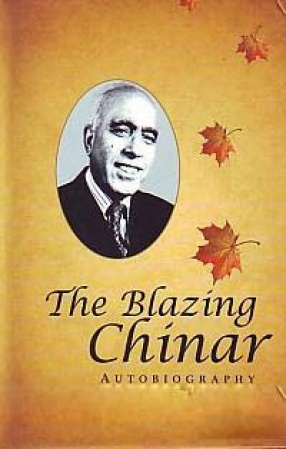
M J Akbar

Showing all 11 books

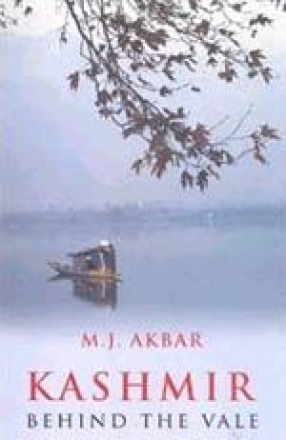
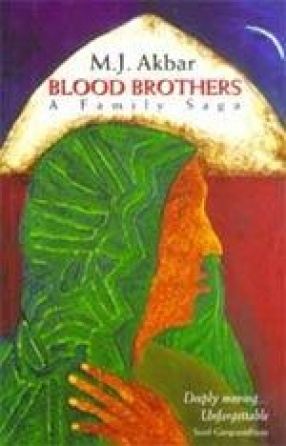
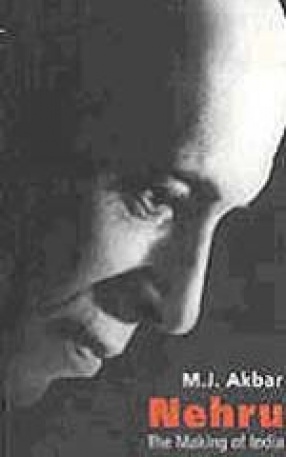

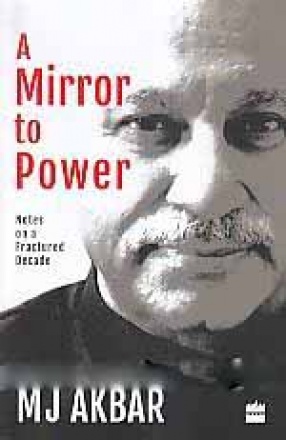
A brilliant collection of essays on the changing social, economic and political landscapes of India and the subcontinent by one of the country’s most-respected journalists A Mirror to Power is the subcontinent according to M.J. Akbar. Featured here are the heroes, villains and fence-sitters of the past decade and the events that they have been part of, in a grand parade of observation, analysis and comment.
Starting from the turn of the century, the book ...
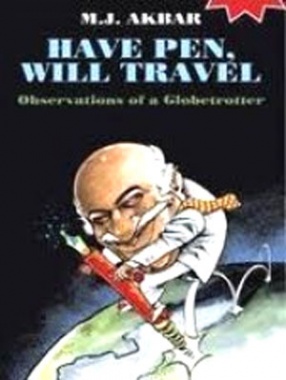
An enjoyable travelogue — a compilation of articles describing the author’s journeys to places all over the world. Many of these had originally been published in Akbar’s columns. The author travels the world extensively and, in his inimitable style, proceeds to write about it, giving us a glimpse of places that we may never get to see. Aside from visiting different continents like Africa and America, Akbar also explores the furthest corners of ...
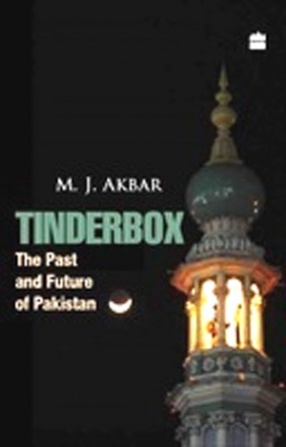
Indians and Pakistanis are the same people: why then have their nations moved on such different trajectories since freedom in 1947? The idea of India is stronger than the Indian, and the idea of Pakistan has proved weaker than the Pakistani. Pakistan was not born across a breakfast table. It was the culmination of a search for what might be called Muslim space that began during the decline of the Mughal Empire, by a North Indian elite driven by fear of the future ...
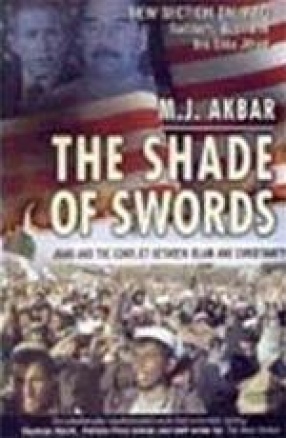
The Shade of Swords: M.J. Akbar writes the first cohesive history of jihad. From the prophet Muhammad to the presence of British and American troops in Afghanistan, and more recently in Iraq, Akbar shows how Jihad's origins lie in the earliest consciousness of Muslims, how it thrives on complex notions of persecution, victory and sacrifice. Jihad pervades the mind and soul of Islam. This book reveals its strength and significance, and this Jihad has come to ...
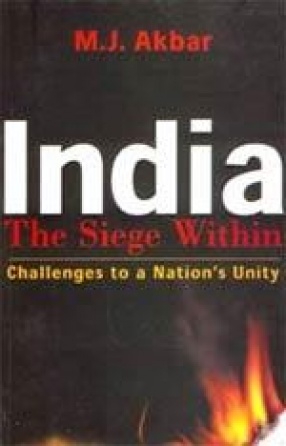
The Siege Within succeeds in explaining, as no other book has done, the resilient achievements of India's secular democracy as well as its vulnerability and failures. As such, it makes essential reading for everyone wishing to understand today's India. Here M.J. Akbar, one of India's most distinguished journalists, discusses the origins and nature of the strains on Indian unity which have deep roots in history. Taking 1947 as his springboard, he provides a full ...
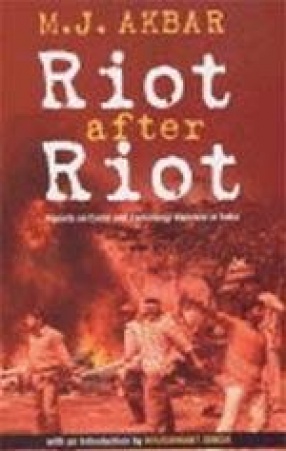
The author, one of India's best-known journalists, visited numerous riot-torn cities, towns and villages-Jamshedpur, Moradabad, Sarhupur, Meerut-to discover what lay behind the outbreaks of communal and caste violence that have taken place in India after partition. In riot after riot, he finds that the basic cause for the communal frenzy is the same: poverty, economic deprivation and a history which has been perverted and misused by religious zealots. M.J. Akbar ...

Kashmir lies at the edge of India's borders and at the heart of India's consciousness. It is not geography that is the issue; Kashmir also guards the frontiers of ideology. If there was a glow of hope in the deepening shadows of a bitter partition, then it was Kashmir, whose people consciously rejected the false patriotism of fundamentalism and made common cause with secular India instead of theocratic Pakistan. Kashmir was, as Sheikh Abdullah said and Jawaharlal ...

Blood Brothers is M.J. Akbar's amazing story of three generations of a Muslim family - based on his own - and how they deal with the fluctuating contours of Hindu-Muslim relations. Telinipara, a small Jute Mill town some 30 miles North of Kolkata along the Hooghly, is a complex Rubik's Cube of migrant Bihari workers, Hindus and Muslims; Bengalis, poor and 'bhadralok'; and Sahibs who live in the safe, 'foreign' world of Victoria Jute Mill. Into this scattered ...


Drawing on a wealth of material released from British Government records and on Nehru's own papers, Akbar looks at Nehru's life against the background of volatile political forces that have dominated twentieth-century India, and has written a superb biography. Jawaharlal Nehru, India's first Prime Minister, was the ideological and political heir of Gandhi. Building on the Mahatma's foundations, as leader both of the Congress and of independent India from 1947, ...
